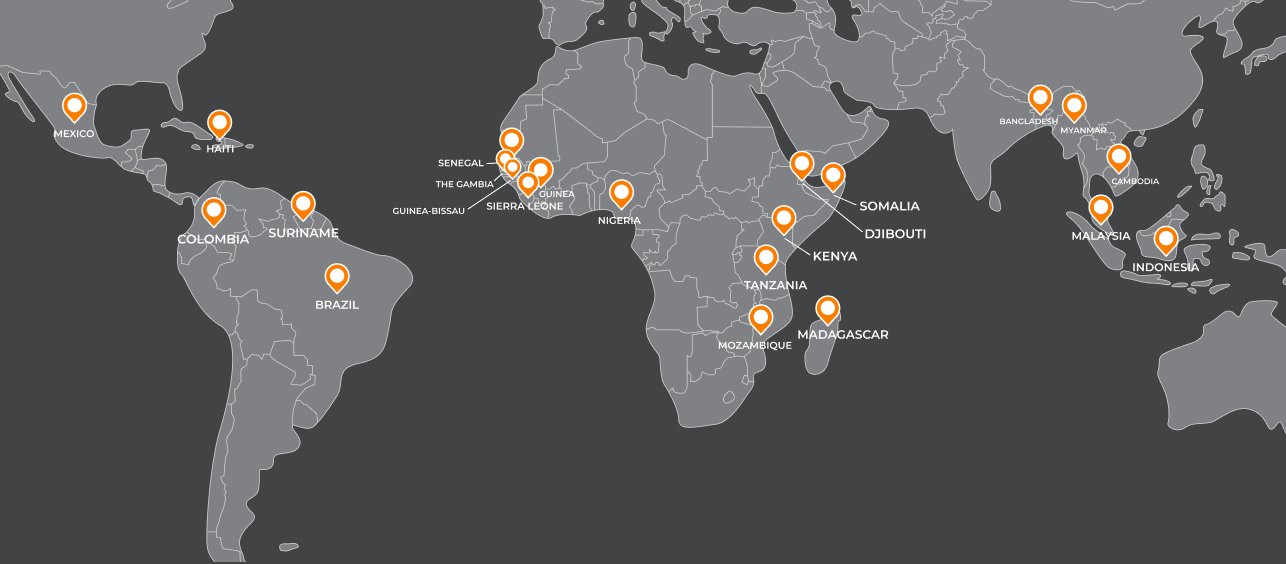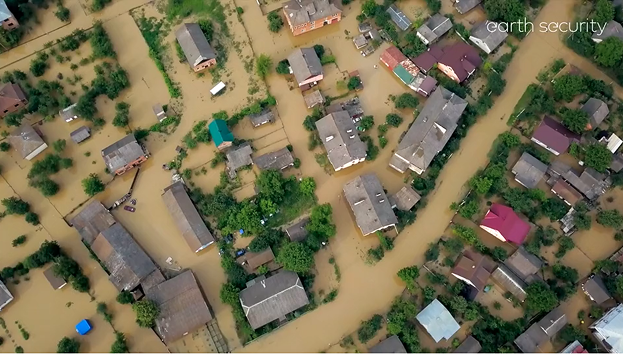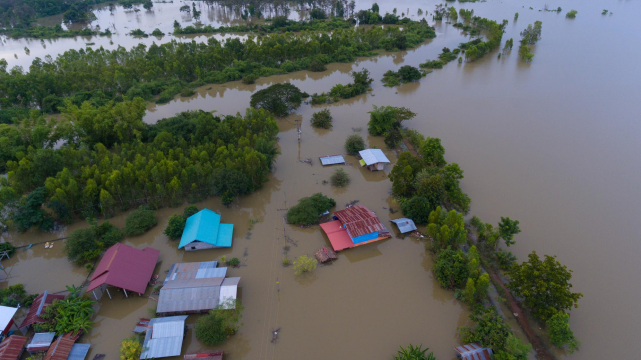
London, October 1, 2024
The global demand for coffee is expected to triple by 2050 as it expands rapidly across Asian markets. At the same time, climate change is reducing coffee-growing lands, expected to shrink by up to 50% by 2050. The volatility expected in coffee markets as the result of a climate-induced supply shortage and a rapidly growing demand create a powerful business case change.
Earth Security’s new report, launched for International Coffee Day, provides global coffee companies, investors and strategic philanthropists with a blueprint to invest in the transition to nature-positive coffee production. It provides evidence of how these practices are increasing the resilience of crops to higher temperatures, raising the incomes of farmers and driving business value while restoring biodiversity with a template to accelerate the diffusion and replication of best practices across global value chains.
Our report finds that:
• Only 20% of global companies dominating the global coffee market have created regenerative coffee sourcing targets for their value chains: Of the 20 largest global coffee companies analyzed, only 4 are anticipating targets to switch to regenerative coffee in their value chains. See who they are and what their targets are about.
• The top 5 coffee-exporting countries will see some of the largest climate impacts in terms of coffee land constraints and livelihoods: In Brazil and Vietnam, the world's largest producers, coffee impacts are expected to be highest. The top 5 producers, which include Indonesia, Colombia, and Ethiopia, will all suffer shortfalls due to climate change and experience growing pressures on deforestation as new land is cleared for the crop. This creates a race for government coffee boards to engage global buyers with landscape-level investment plans to transition to regenerative coffee.
• New models of blended finance delivered in coordination with global companies are needed to enable the transition between farmers and value chains to regenerative coffee: The transition to regenerative coffee requires investment. While the switch is likely to generate higher yields, productivity and incomes, it can also have an initial 3-5-year hiatus of productivity shortfalls as natural ecosystems reboot. Catalytic capital from a range of funders, including the philanthropic foundations of global coffee companies, is an essential financing tool to bridge the transitional loss of farmer incomes.
• A playbook of innovative finance solutions – from supply chain finance to carbon offsetting – creates a menu of options to support industry-wide collaboration: Our report identifies 9 financial tools that have been successfully applied to transition coffee value chains towards nature-positive production, with case studies, insights, and lessons learned by a range of companies and organizations. These tools provide a finance playbook for regenerative coffee to support new levels of collaboration to unlock this transition at scale.
Download the report
To learn how we can secure the future of coffee of coffee through climate and nature investments, download the report today.
Explore the reports
The Earth Security Index Reports provided in-depth analysis of critical themes across selected industries and market geographies, enabling investors to anticipate and respond to emerging global dynamics. Download and explore the full Earth Security Index reports:












































